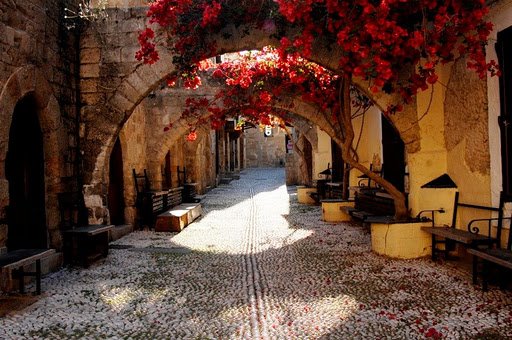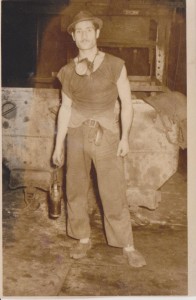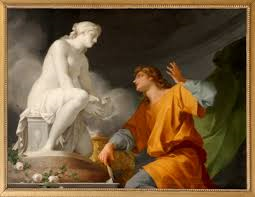Berstein’s attempt to break down the illusions of space for creation in a free environment of the web is analyzed in a very skeptic way. In Electronic pies he questions the idea of a web where everything can be heard. What he is really saying is that authority f space has been shifted. All the aphorisms he uses similar to great thinkers of the past who had small illuminations, or rather had summed up ways in communicating their discoveries. Nietzsche comes to mind… (Will, don’t start…) but Berstein is also simplifying large themes into a structure that could easily be read and passed over. Perhaps he is mimicking the ways in which we function under/inside/outside the Web.
What I find interesting is that Burstein by his own actions of existing on the web as a poet and thinker empowers the space he criticizes.
In Poetry Bailout the satire is obvious. The world is full of different types of poetry. Is he mocking the ways in which poems are reproduced? Or is the way poetry has been reestablished in creativity?
In Antipoetry month he begins by mimicking Eliot’s Wasteland, April is the cruelest month in order to attack free verse without patterns. Is he a structuralist? Not sure about his aim….
His poetry, “On Election Day” and “Sane as Tugged Vat” have very different styles. Using Jocasta as a character who in many ways had been fooled by the gods is an interesting insertion to talk of love…Also, when he says to click on an image another poem pops up….is he toying with the reader in what one expects the web to do? Still not sure about this guy…I find him political and straight forward but not accurate in his attempt because I’m still uncertain of his messages.



